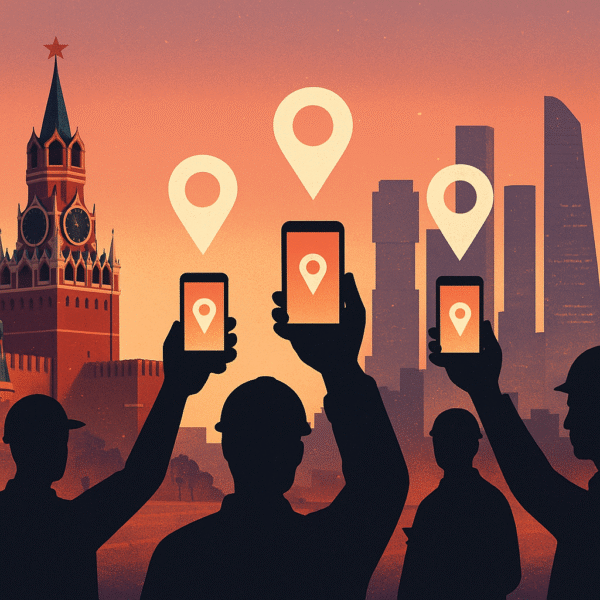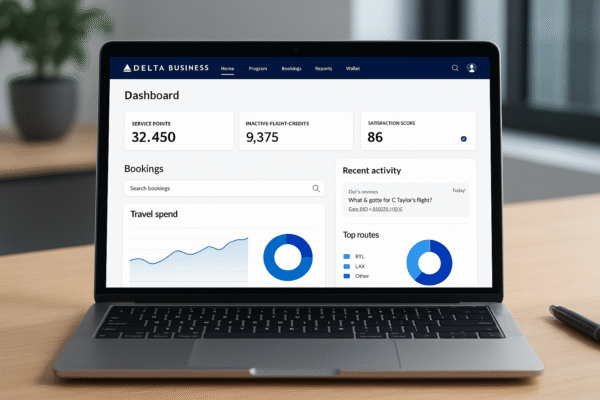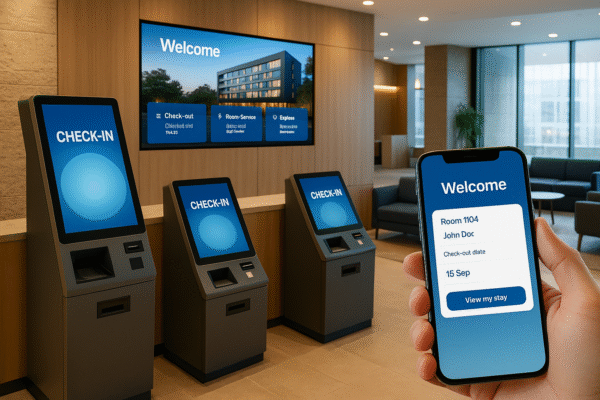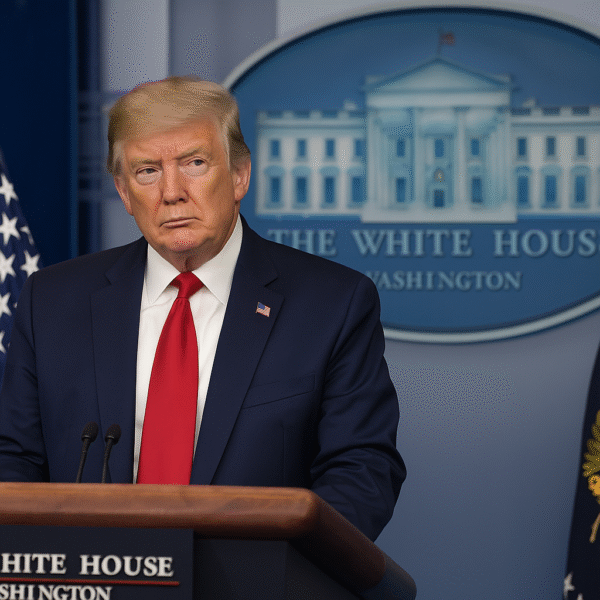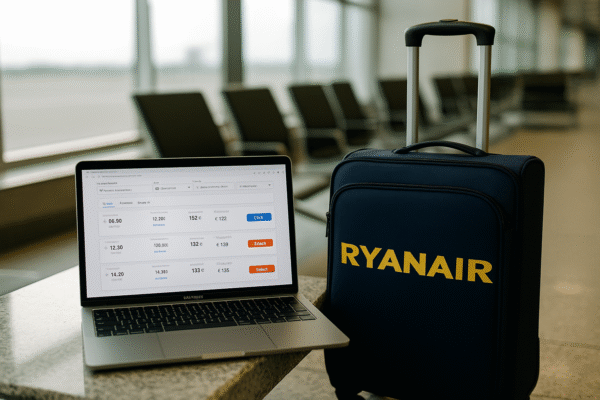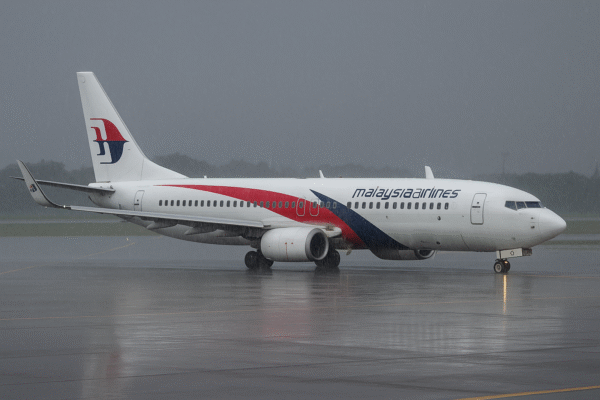The Rise of AI in Hospitality
The hospitality industry is experiencing a technological transformation as artificial intelligence (AI) becomes a central feature in hotel operations worldwide. From self-check-in kiosks to AI-powered chatbots, the integration of automation is reshaping how hotels deliver services. At the same time, the industry is facing a pressing question: can hotels adopt these innovations without sacrificing the personal connection that defines great hospitality?
This debate took center stage at the Singapore Hotel Association’s Hospitality Exchange 2025, where industry leaders explored AI’s role in creating efficient yet guest-friendly hotels. The discussions highlighted the opportunities and challenges of relying on intelligent systems, and the need for balance between cutting-edge technology and traditional human interaction.
The Promise of AI in Hospitality
Artificial intelligence is no longer confined to futuristic predictions; it is already embedded in daily hotel functions. AI systems are capable of analyzing data, predicting guest preferences, and streamlining back-end operations. For example, AI can manage reservations, assign rooms, and even adjust energy use in hotel facilities to lower costs and reduce environmental impact.
These systems also offer a level of connectivity that allows multiple departments to function more smoothly. A single AI-powered “agent” can interact with the front desk, housekeeping, and food service, ensuring faster communication and fewer errors. By learning from past guest interactions, AI can even personalize services—such as recommending meals or offering custom itineraries—making stays more engaging and efficient.
Why a Hybrid Approach Matters
Despite the promise of automation, hospitality remains an industry rooted in personal connection. A warm welcome, attentive service, and the human ability to read emotions are aspects that technology cannot fully replicate. Experts agree that a hybrid model is the most sustainable approach, blending AI’s efficiency with the empathy of human staff.
For example, Robotic Process Automation (RPA) can handle repetitive back-office tasks such as payroll processing, data entry, and invoicing. This frees employees to focus on guest-facing activities that require creativity, problem-solving, and personal attention. The result is a smoother operation where technology supports staff rather than replaces them.
The Risks of Over-Automation
While the benefits of AI are compelling, the risks cannot be overlooked. System failures remain one of the greatest concerns. A glitch in an AI check-in system, for instance, could create long queues and frustrate guests. Similarly, if room service robots malfunction, the reliability of the overall guest experience is compromised.
Another concern lies in workforce displacement. As AI assumes roles once filled by staff, there is a risk of job losses in areas like front desk operations and housekeeping. Without clear strategies for reskilling, hotels risk alienating employees, which could lead to resistance against AI adoption.
To mitigate these risks, experts recommend phased implementation. Starting with pilot projects allows hotels to test systems in real-world conditions before committing to full-scale adoption.
Robots in Hotel Operations
Beyond software, robots are increasingly entering hotel spaces. These machines, guided by AI algorithms, are now capable of delivering food to rooms, transporting luggage, and even cleaning spaces. In some advanced hotels, robots can make beds and perform routine housekeeping duties, tasks once thought too complex for automation.
For properties struggling with labor shortages, robots provide a practical solution. However, successful integration requires infrastructure adjustments, including hallways wide enough for delivery robots and systems designed to coordinate human and robotic staff. As with AI software, many experts advise starting small to ensure technology aligns with the desired guest experience.
Managing Data and Privacy
AI’s ability to analyze guest behavior and preferences is a powerful tool, but it comes with responsibilities. Hotels collect vast amounts of personal information through AI systems, from dietary preferences to travel history. Protecting this data is critical, especially under global privacy regulations such as the General Data Protection Regulation (GDPR).
To maintain trust, hotels must ensure robust cybersecurity and transparent communication with guests about how their data is used. Respecting privacy while delivering personalized experiences is key to the successful integration of AI.
Impact on the Broader Tourism Industry
AI’s influence extends beyond hotels. The wider tourism industry is also adopting intelligent systems, from airlines offering automated check-in options to travel agencies using predictive algorithms for tailored recommendations. As these systems become interconnected, travelers could enjoy seamless journeys—booking flights, hotels, and excursions through a unified AI-powered ecosystem.
For tourists, this means less time worrying about logistics and more time experiencing destinations. Personalized recommendations, real-time updates, and efficient services can elevate the travel experience, particularly for younger, tech-savvy travelers seeking convenience.
The Path Forward: Balance is Key
The conversation around AI in hospitality often circles back to one core principle: balance. Technology offers undeniable advantages, but hospitality cannot thrive without human warmth. Successful hotels of the future will be those that adopt AI thoughtfully—using it to handle repetitive, predictable tasks while leaving human staff to deliver the empathy and creativity that define memorable guest experiences.
By taking a measured approach, hotels can avoid the pitfalls of over-automation while still reaping the rewards of innovation. Training staff to collaborate with AI systems, ensuring robust privacy protections, and prioritizing guest satisfaction will be critical steps in shaping the hotels of tomorrow.
Conclusion
AI is poised to redefine the hospitality and tourism industry, offering efficiency, personalization, and innovation at unprecedented levels. Yet, as experts at the Hospitality Exchange 2025 emphasized, the future of hospitality depends on striking the right balance between technology and human connection.
For guests, this means a world where they can enjoy the benefits of both—AI-driven efficiency for smoother operations and human interaction for warmth and care. For hotels, it marks the beginning of a new era where innovation and tradition must work hand in hand to meet evolving traveler expectations.
For more travel news like this, keep reading Global Travel Wire

